Latinx Files: Why we don’t like talking about class

- Share via
There’s this story my dad loves to tell any chance he gets about a vacation trip my parents and I took a few years ago.
We were in Oaxaca, and I had taken them to a fancy restaurant that would have been prohibitively expensive in the United States but was affordable to us because of the favorable exchange rate.
“Es un lugar de cachet,” my old man tells his listeners, his shorthand way of explaining how out of place he felt.
Here he was, this working-class Mexican man, sitting in an establishment that made him feel like a foreigner in his country of origin. It didn’t help that we were surrounded by the type of Americans who love to brag about how much they love mezcal after spending any amount of time in Oaxaca. (If this feels like a knock, know that I’m putting myself down, too, because this is exactly who I’ve become. Tepextates or bust!)
I could sense his and my mom’s uneasiness. But instead of trying to make them comfortable, I started going into a tirade about how they had every right to be there and that it was important to me that they enjoy nice things. Bread and roses, I bloviated!
As I chastised them, I reached into a basket in the middle of our table filled with kernels of corn, grabbed a handful and placed them in my mouth. It turns out the hardened kernels weren’t meant for consumption. They were decorative.
Seeing what I had done, my dad started laughing. His class anxiety had vanished and was replaced by a kind of joy that comes with watching your eldest son with a fancy education make a fool out of himself. It gave him an opportunity to utter the Mexicanism, “Ay, mijo! Entre más grande más pen…diente me das!”
The Latinx experience chronicled
Get the Latinx Files newsletter for stories that capture the multitudes within our communities.
You may occasionally receive promotional content from the Los Angeles Times.
I thought about this story a lot as I listened to “Classy With Jonathan Menjivar,” a new podcast by Audacy’s Pineapple Street Studios that focuses on class and our very uncomfortable relationships to it.
The podcast combines interviews — among them are fashion designer Brenda Equihua, advice columnist John Paul Brammer and Britpop star Jarvis Cocker, who penned one of the greatest songs ever written about the working class — with Menjivar’s own musings, struggles and history with the subject. The host grew up in a Latinx working-class environment in Whittier and has been in rarefied white spaces, producing for prestigious public radio shows “Fresh Air” and “This American Life.”
“It’s a very hard thing to make a show about because so many of these moments are things that happen in our heads,” Menjivar explains. “These aren’t necessarily outward stories that are happening, and the tension, a lot of it is up to interpretation of the different people involved.”
It’s a formula that works. Hearing Menjivar talk about the mental mountains he made from mole hills doesn’t come across as navel gazing. It feels relatable, as if he’s reading my thoughts out loud.
I don’t fully agree with the premise that class is something we don’t discuss publicly. It’s been my experience that we resort to talking about the topic whenever we make small talk with someone new, asking questions like “Where did you go to school?” or “What do you do?” Though not necessarily stated explicitly, class and socioeconomic status are very much there in the subtext.
In that sense, “Classy With Jonathan Menjivar” is also about the stories we like to tell about ourselves and how these narratives can be incongruous with the truth. The first episode, for example, delves into how the 1% tends to downplay their upper-class status.
Earlier this month, the Washington Post published a cool new tool that tells the reader where they stand socioeconomically in their area. As someone who grew up working class and still sees themselves as such, it was eye opening to see that my current income level tells a different story.
That’s why I love hearing my dad’s anecdote so much, even if I’m the butt of the joke. Though a hard pill to swallow, the truth is my parents and I belong to different classes. It’s something I’ve felt guilty about for the better part of a decade and have discussed with them. Whenever I bring it up, however, my dad reminds me that this disconnect was somewhat intentional — my parents came to this country to work hard and provide a better life for my siblings and me. That I should have a better life than theirs was the whole point of their coming to the United States.
From what Menjivar tells me, I’m not the only one who feels that way. In our conversation, the podcast host brought up his own feelings of guilt, which made me feel a sense of relief over my own issues.
We aren’t alone, either.
“The minute I started talking about class with other people, it was clear that there was a hunger to talk about this stuff in fun and interesting ways.”
You can find “Classy with Jonathan Menjivar” on Apple Podcasts, Spotify and other podcast players.
Consider subscribing to the Los Angeles Times
Your support helps us deliver the news that matters most. Become a subscriber.
Q.E.P.D.: Chris “Spanto” Printup
Los Angeles lost one of its most creative minds after it was confirmed that Chris “Spanto” Printup died in a car accident in New Mexico on Wednesday.
Rumors that Spanto, a founder of the streetwear brand Born X Raised, had died were circulating Tuesday evening. The brand released a statement on Wednesday evening confirming that he was involved in a car accident on Sunday and died from his injuries three days later.
Spanto, 42, grew up in Venice and was of Apache and Seneca heritage. He launched Born X Raised in 2013, and his collaborations with the Rams, Dodgers, Levi’s and Nike cemented his place as one of the preeminent tastemakers in Los Angeles.
His influence on Los Angeles culture and specifically Latinx culture was unmistakable. To understand more about Spanto’s life and his impact, read The Times’ obituary here.
Cultural contradictions
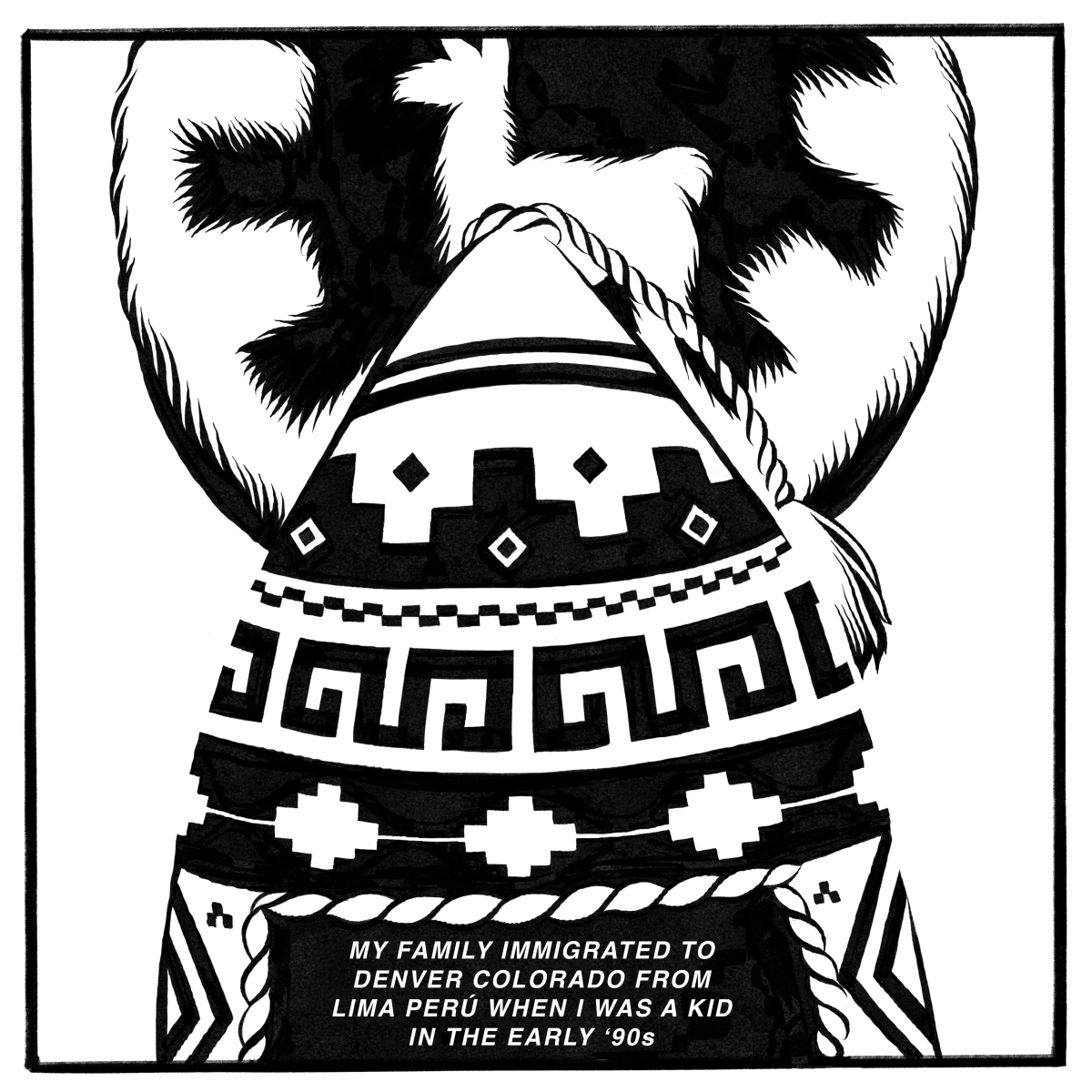
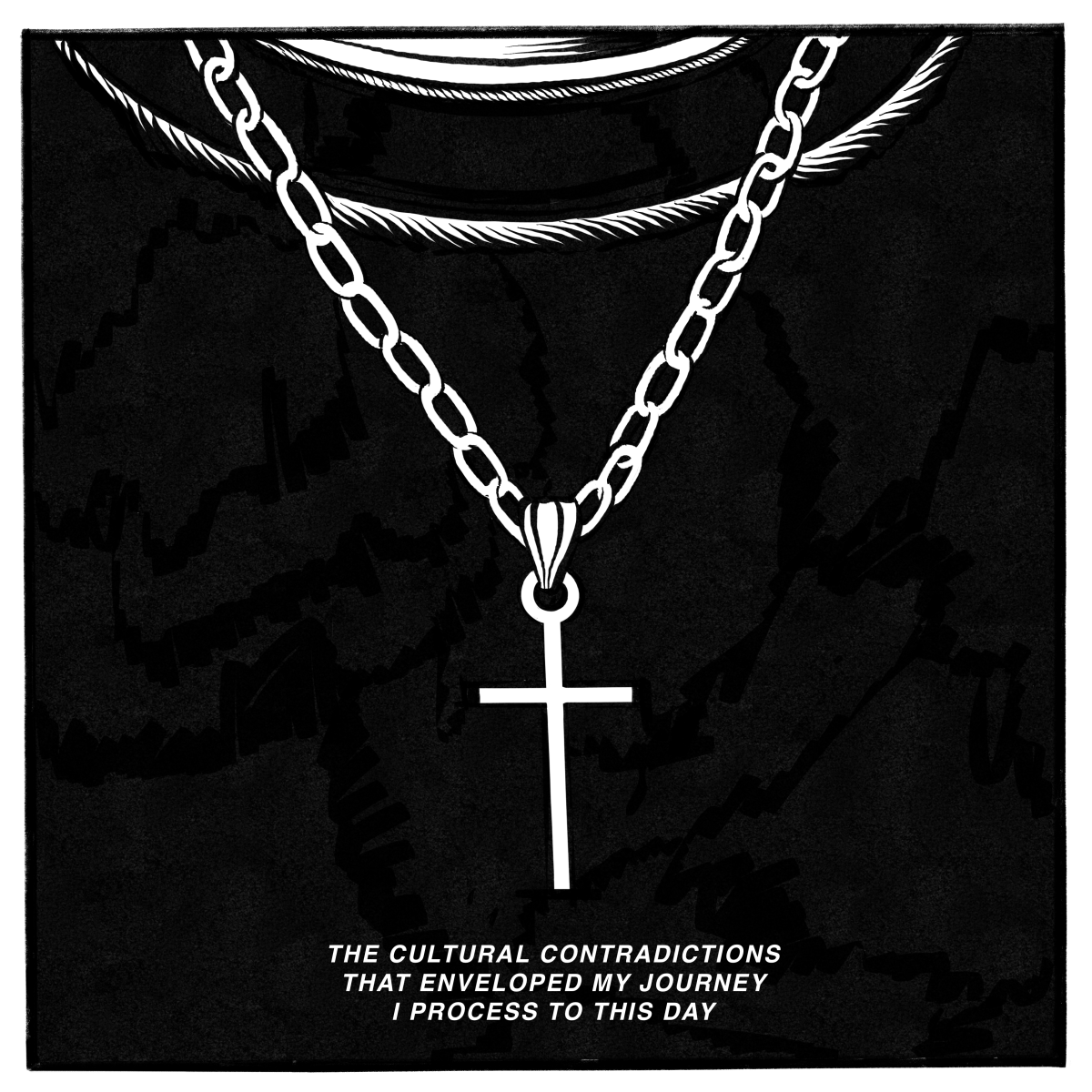
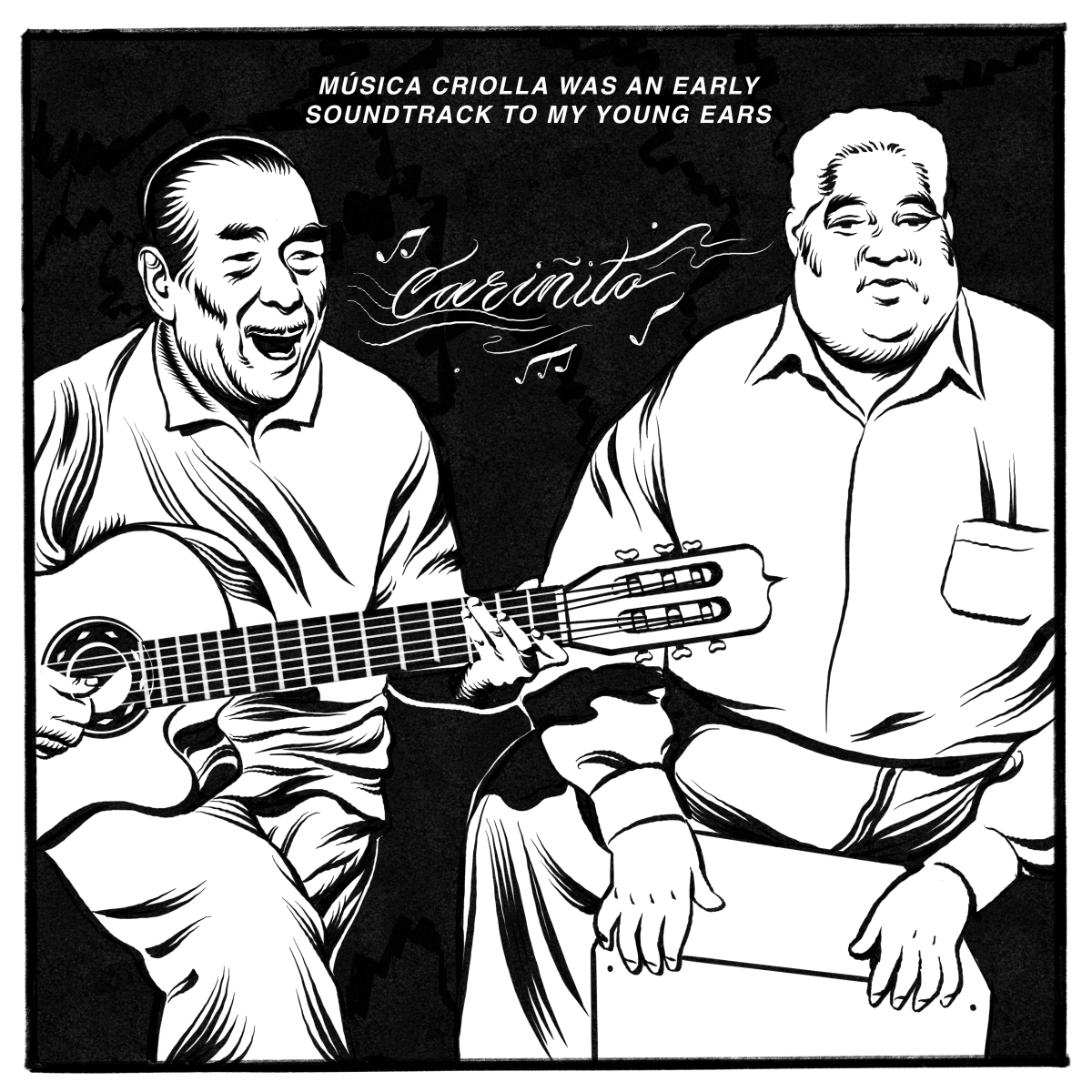
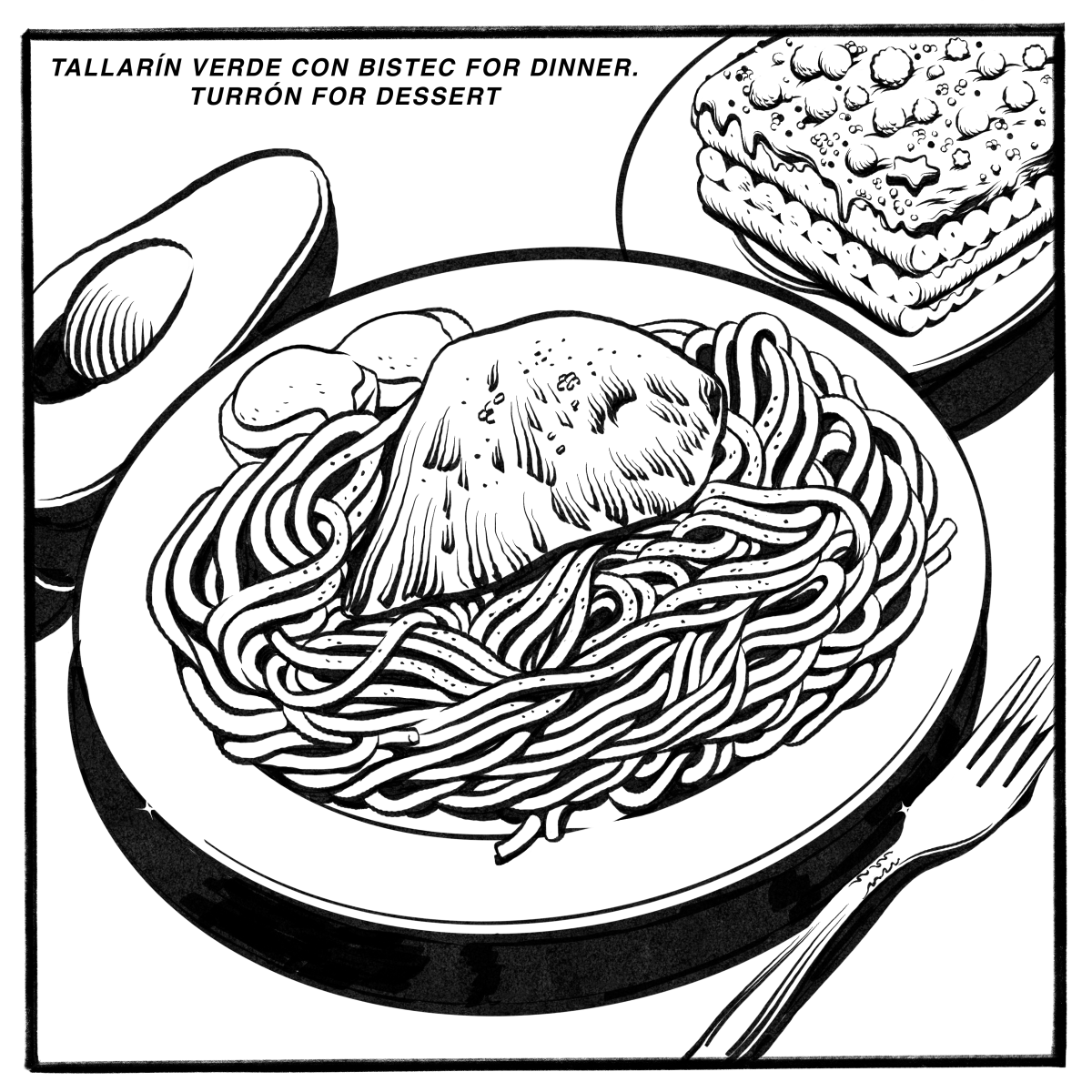
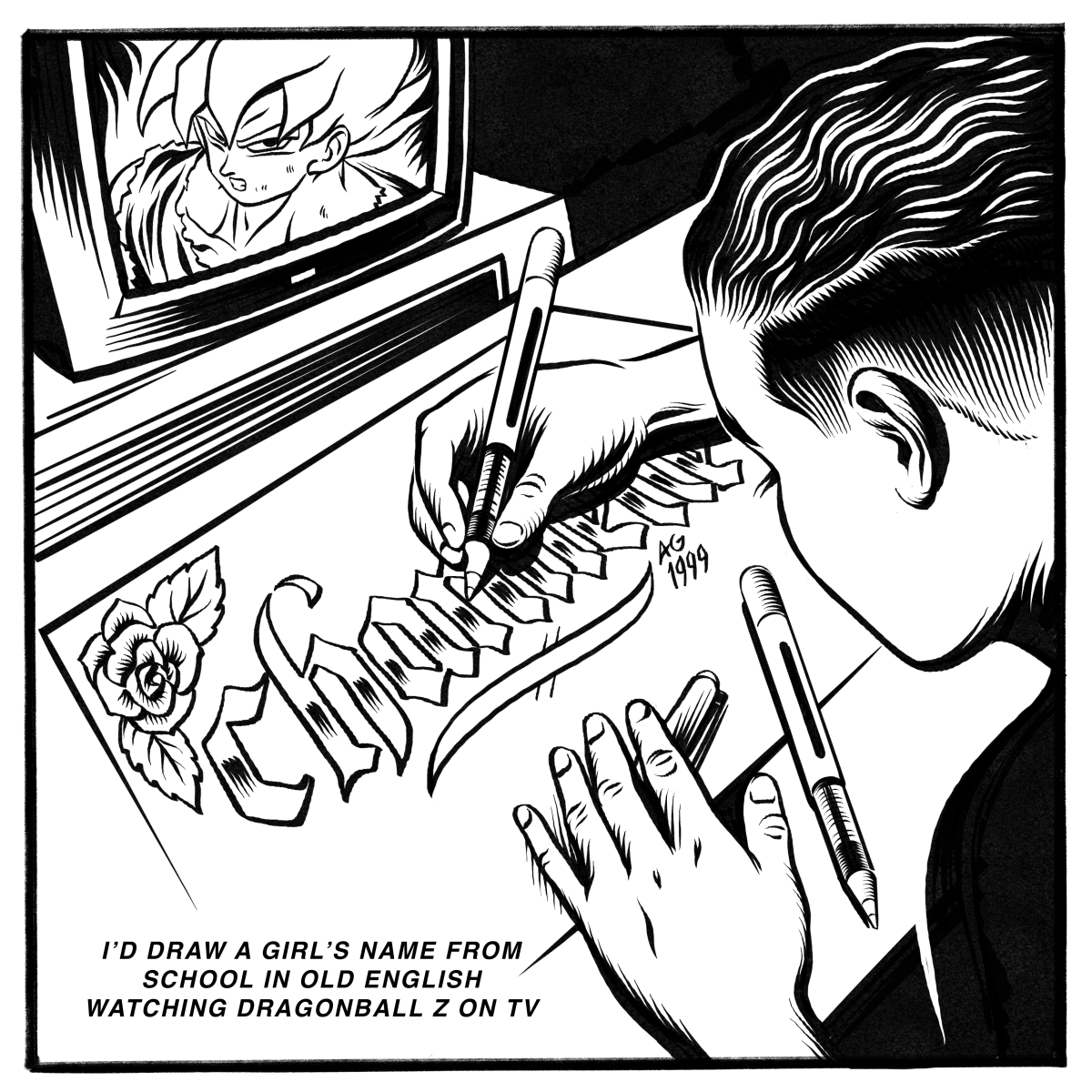
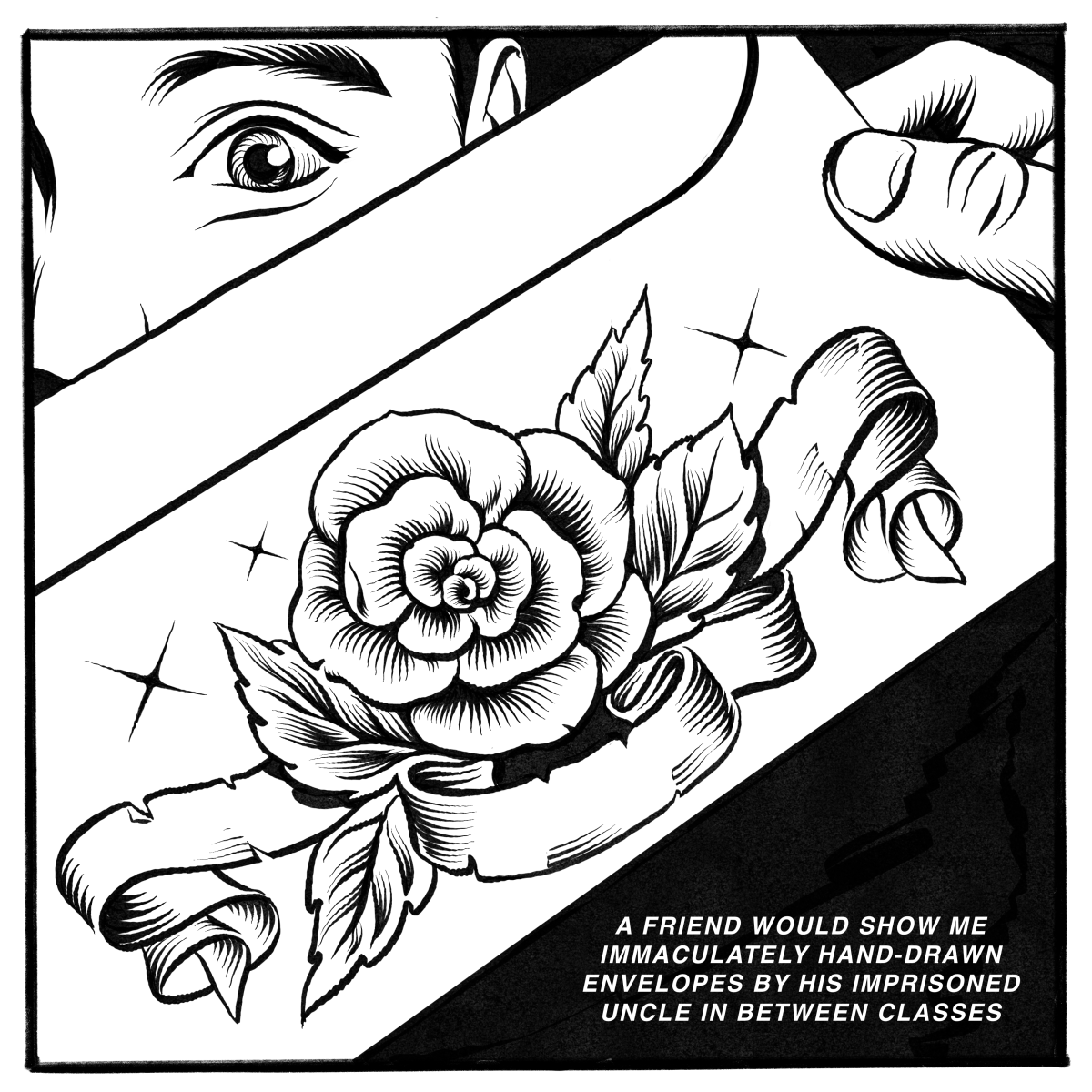
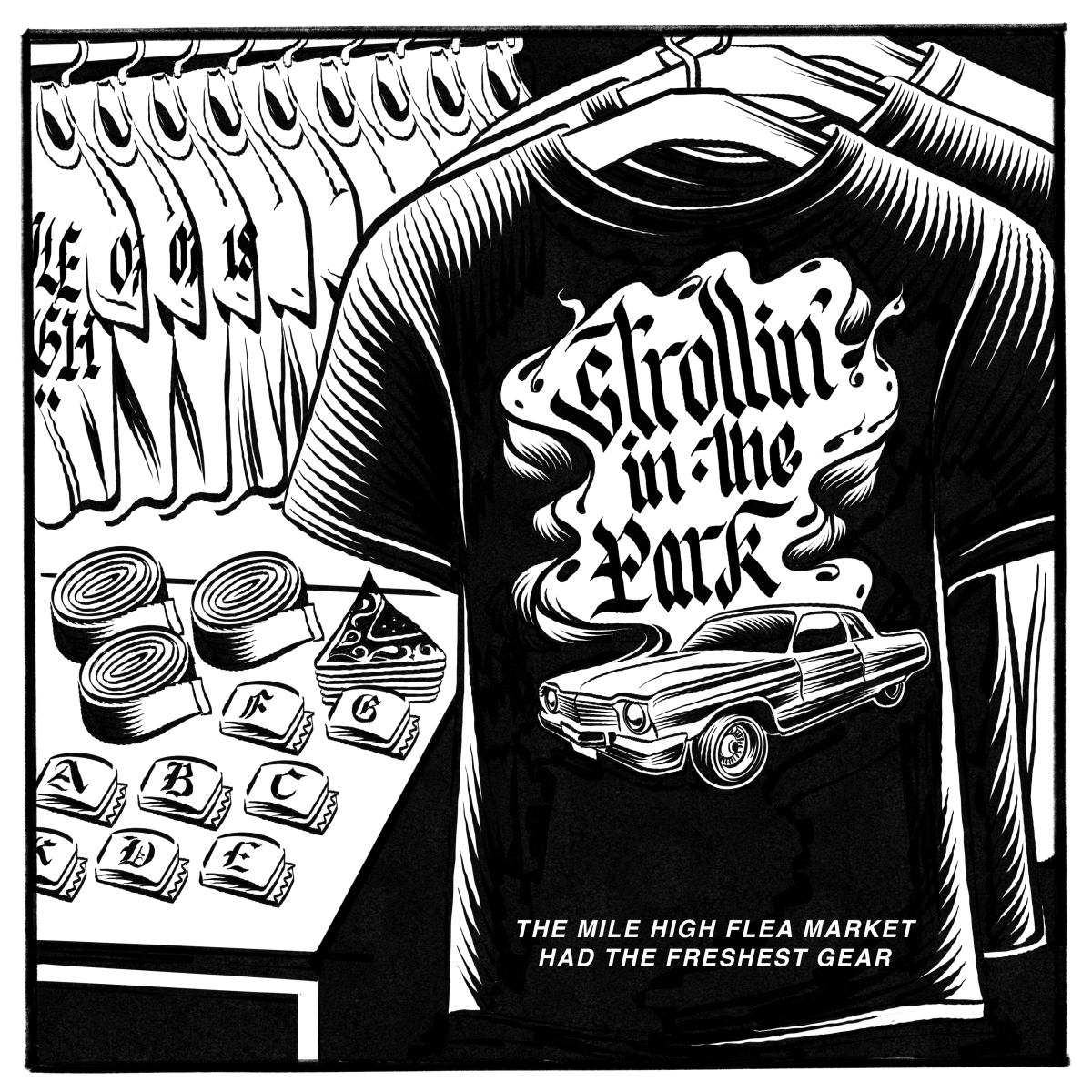
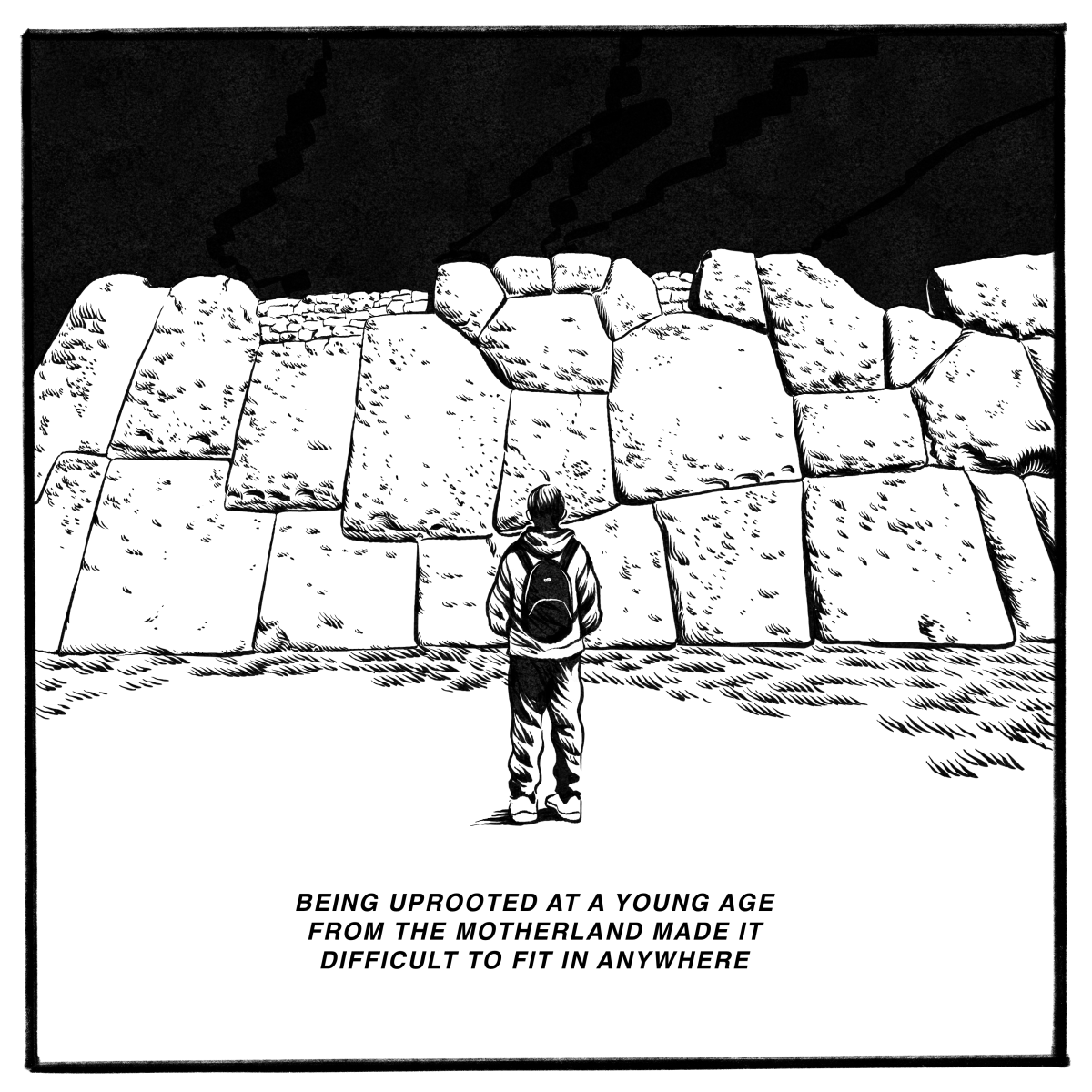
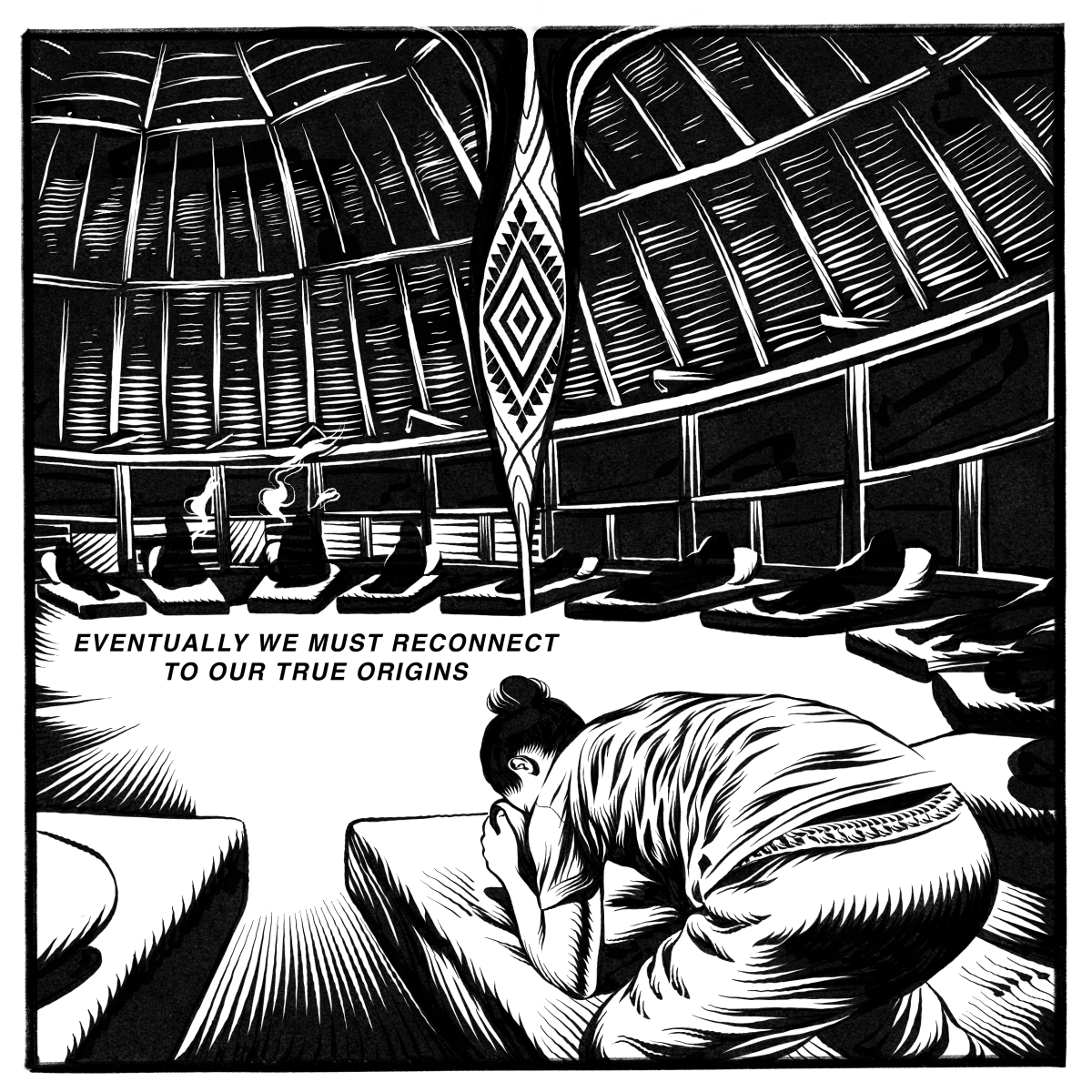

Andrés Guzmán is a Peruvian-born artist currently working in Minneapolis, Minnesota. This comic was made for all the cultural in-betweeners who struggled to find their roots.
Are you a Latinx artist? We want your help telling our stories. Send us your pitches for illustrations, comics, GIFs and more! Email our art director at [email protected].
The Latinx experience chronicled
Get the Latinx Files newsletter for stories that capture the multitudes within our communities.
You may occasionally receive promotional content from the Los Angeles Times.




